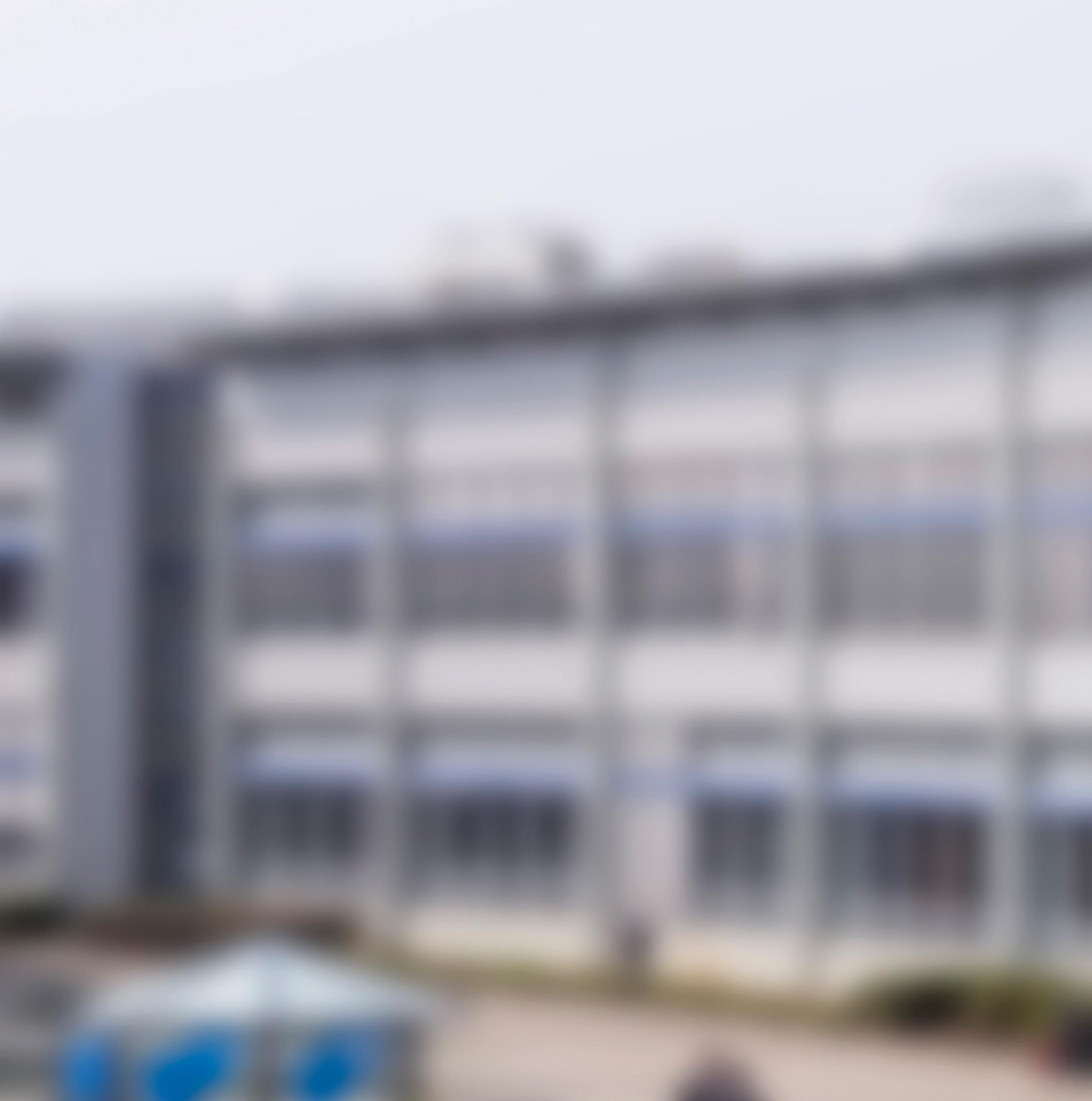
3 minute read
H-BRS in 2022
from "foresee - recognising signs, devising solutions, shaping the future", Annual Report of H-BRS 2022
5 departments
1,312 graduates
2,308 first-year students
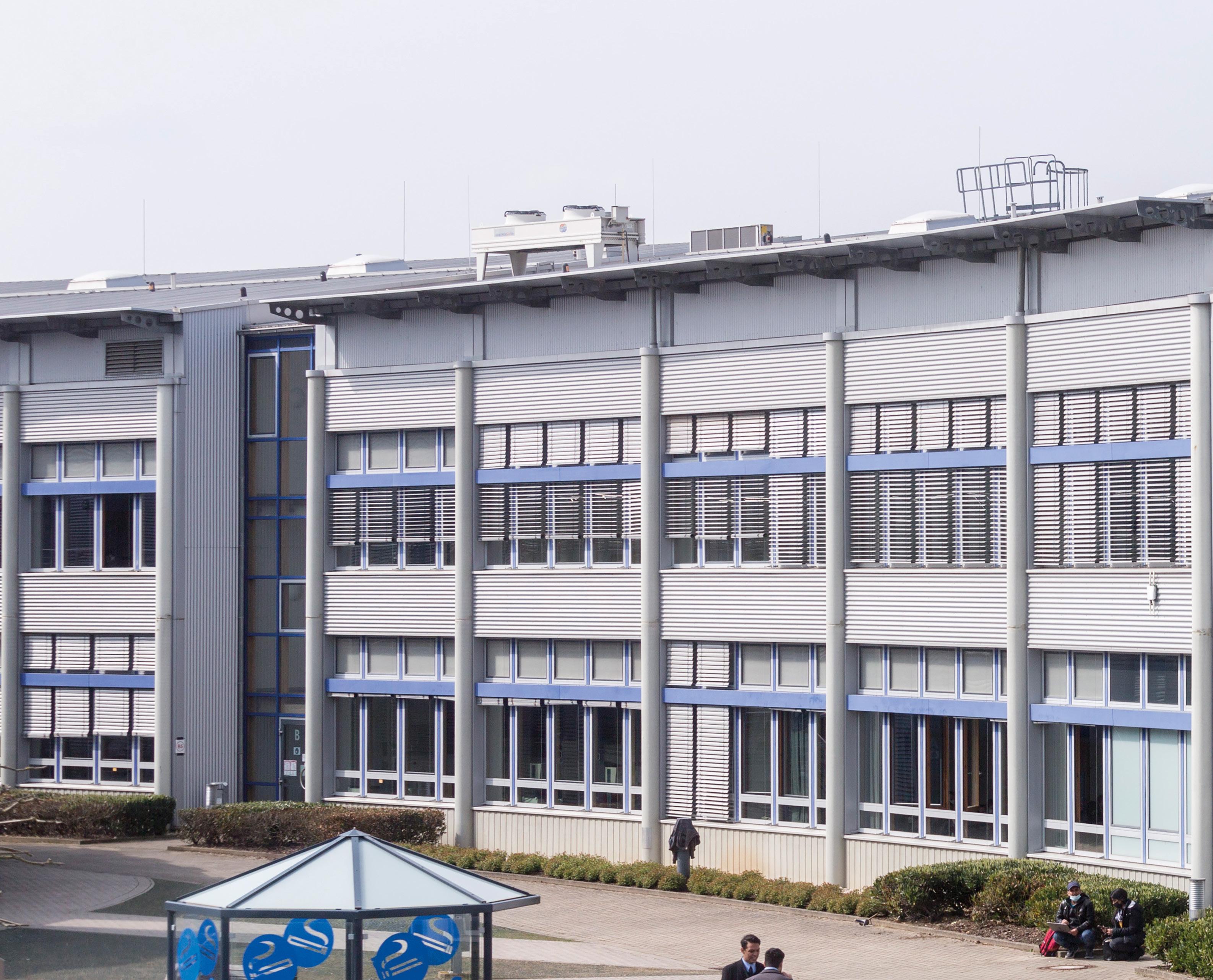
9,069 students approx.
1,440 employees more than 90 partner universities in 43 countries
124 doctoral candidates
40%female
60%male
21 Bachelor’s degree programmes
12 languages offered at the Language Centre
18 Master’s degree programmes
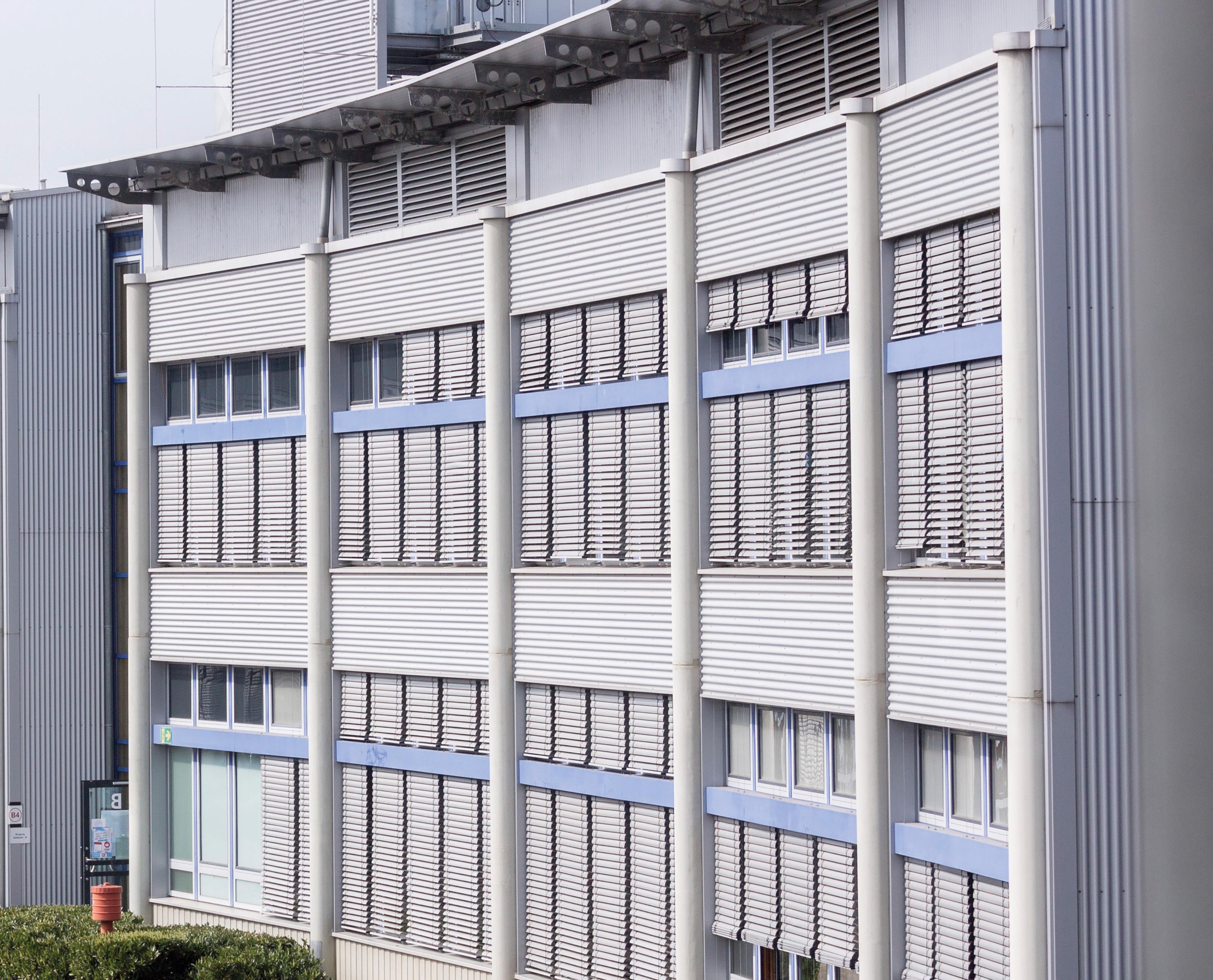

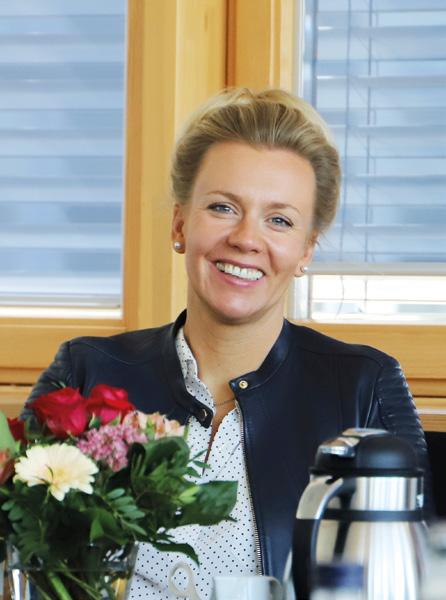
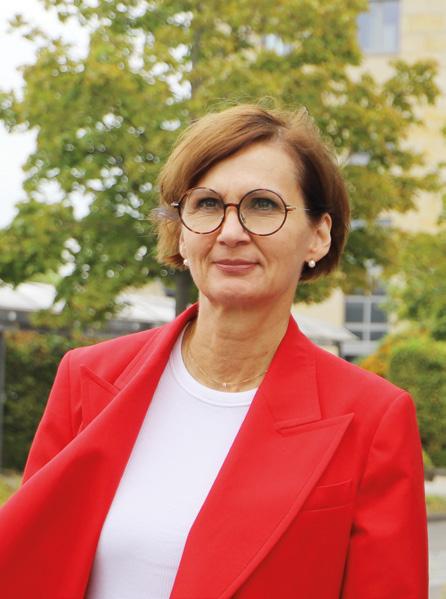

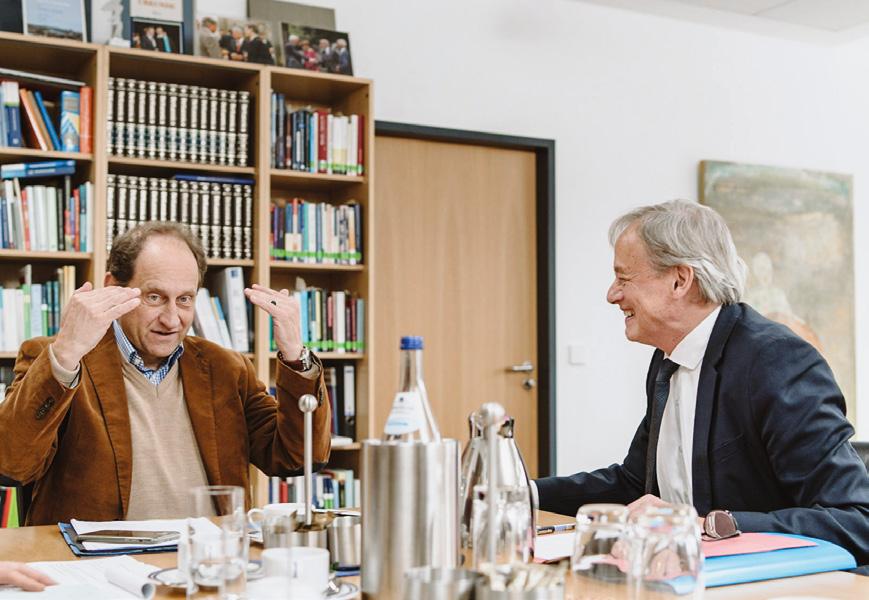
To “foresee” means to look into the future or better said – to want to look. The quality of this view differs: premonition, intuition, methodical extrapolation, logical consistency. The desire to be able to see into the future has accompanied humankind since time immemorial, in every epoch, every culture and in almost all areas – from the Oracle of Delphi to Homer‘s blind seer, the religious mysticism of the Middle Ages, the scientific optimism since the European Enlightenment and up to today when futurology forecasts trends and megatrends with the assistance of AI. Science fiction also plays a role, by the way.
It is always about visions, too. Visions are important. They create a tension between now and later. Without them, there is no change. But visions alone do not lead to the goal. Nowadays, a qualitative look into the future is no longer just futuristic wishful thinking but instead closely linked to methods and concrete facts from science. Researchers from various fields are trying to find out which potential future scenarios are most likely in the coming decades. They can then identify fields of action and derive recommendations to guide political dialogue with society and initiate appropriate measures.
What role do scientific educational institutions such as Hochschule Bonn-Rhein-Sieg, University of Applied Sciences play in this?
As part of the Alliance of Science Organisations, institutes of higher education perform an important function. Unlike pure research institutes they, also and above all, foster talent. The minds of the future incubate here. At universities students acquire not only technical knowledge but also the skills to use their knowledge, their ideas, and also their personality to shape society today and in the future. The challenges and the responsibility that come along with them are immense.
Moreover, higher education institutions are always undergoing change. They follow reality and shape it at the same time. This is because they are not only part of the ‘science system’ but also part of society. As such, they are directly influenced by the developments of the transformation and change processes in which societies find themselves while, at the same time, they are constantly creating something new.
Hochschule Bonn-Rhein-Sieg recognised the signs early on and responded to challenging academic developments and social dynamics with its last three University Development Plans, formulating strategic guidelines, objectives and measures. Alongside digitalisation, an important topic in the University Development Plan 2020 to 2025 is sustainability. In 2022, for instance, Hochschule Bonn-Rhein-Sieg became one of the first universities in NRW to adopt a comprehensive sustainability strategy – as a valid framework for implementing, evaluating and optimising its measures in the area of sustainability.

For us as a university, sustainability is not just a word. We take the challenges seriously. Higher education institutes have the task of actively scientifically accompanying society and its stakeholders along the path to a sustainable and liveable future. Students, as the experts and leaders of tomorrow, are sensitised to this in all degree programmes. The President’s office of the university has therefore decided that ten per cent of all course content will be of an interdisciplinary nature and must deal with issues such as ethical responsibility in society and business.
No one should retreat into their comfort zone today in the face of gigantic ecological, social, economic, technological and geopolitical challenges. We sense now more than ever that we are all in the same boat: science, business, politics, the many social forces, we as individuals. We must learn to cooperate with each other in a new, more solution-oriented way. To Network, exchange information, communicate with each other – and to take each other seriously in mutual respect and recognition of our profound vulnerability. Then we can succeed in exploring possible options for the future and developing something like future literacy for our common future.
The future always starts right now. Good ideas are out there, so are options for action. The social climate fluctuates and is sometimes weary of change –but in large part inclined towards solutions. Please, let us not slacken in our duty to help shape the future in a positive way!
Prof. Dr Hartmut Ihne President of H-BRS











